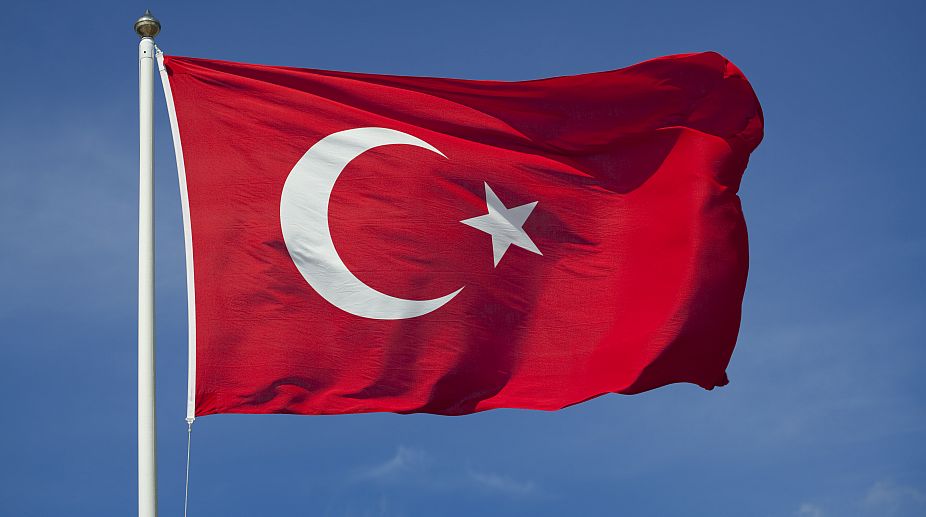After a brutal and highly divisive election campaign that accentuated the rural-urban and Islamist-secular divides, Turkey is back where it began. President Recep Tayyip Erdogan was inaugurated earlier this month in a ceremony that was symptomatic of his vision of Turkey and its place in the world. Mr and Mrs Erdogan made what one commentator termed a “majestic entrance into the hall of celebration in the presidential palace” to be greeted by heads of states and representatives from the Global South including from West Asia, Africa and countries that emerged from the ruins of the Ottoman Empire.
The West looked on in consternation. Mr Erdogan won at least in part, writes Asli Aydintasbas in the Washington Post, because he had convinced more than half of Turkey’s voters that a non-aligned, selfreliant Turkey, under his strong leadership, was preferable to the Opposition’s call for return to a more traditional relationship with the West. Turkey’s Western ‘allies’ will thus have to continue dealing with an autocratic leader with a mandate.
Advertisement
How they will do so will impact not just West-Turkey relations but have wider geopolitical consequences. One thing, however, is certain ~ Ankara’s ties with Washington and Brussels will be transactional and not premised on values-based affinity. Mr Erdogan’s record as president over two decades precludes that option. Yet, as experts point out, Mr Erdogan is a wily politician who has repeatedly reinvented himself.
His new Cabinet picks reveal that he is, despite the campaign narrative, willing to part ways with hardline nationalists and pro-Russian elements to depend more on moderates in his current term. There is a very practical reason for Mr. Erdogan’s political accommodation of differing views ~ the Turkish economy is in terrible shape and the president knows it cannot be salvaged without the help of the USA and Europe.
This does not mean he will give up on his project of making Turkish a regional power and potentially the leader of the Sunni bloc of the Muslim world, but that he understands the nature of contemporary international relations. A look at the profiles of those he has appointed in key government positions underlines he is ready to do business with the West but not get into bed with it.
Turkey’s new treasury and finance minister is Mr. Mehmet Simsek, a former Merrill Lynch economist and a known critic of Erdogan’s unorthodox interest rate policies which wiped out Turkey’s foreign currency reserves. Indeed, Mr. Simsek began his innings stating that “compliance with international norms” would be the administration’s core principle. The three Erdogan loyalists who have worked closely with their Western counterparts and were seen as saner voices even at the peak of President’s populist, Islamist rhetoric have been appointed in senior positions. They include Mr. Hakan Fidan (foreign minister), Mr. Ibrahim Kalin (head of intelligence), and Mr. Cevdet Yilmaz (vice-president). That’s just enough for the Western policy establishment to work with, or at least ought to be. Because they are unlikely to get anything more.









